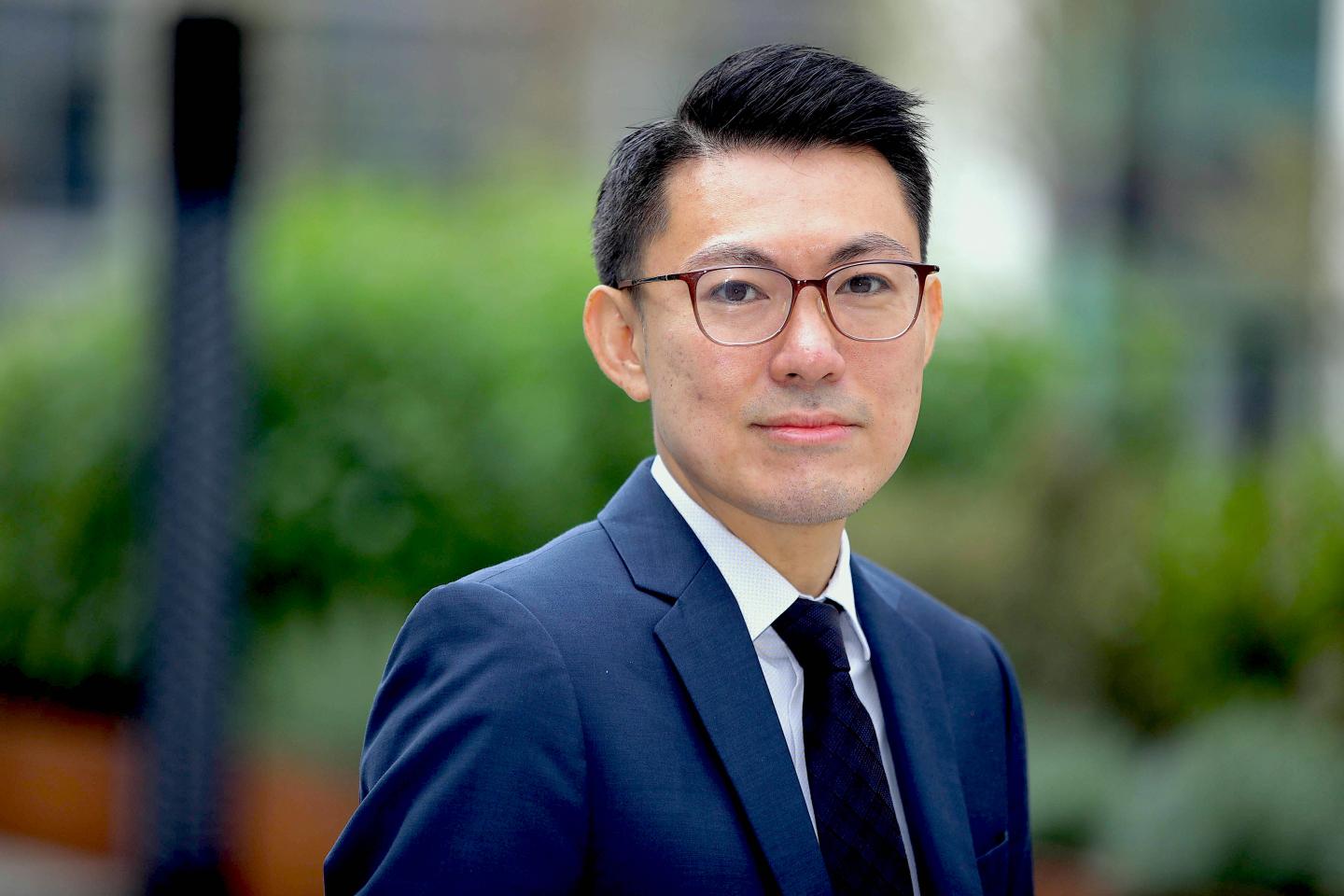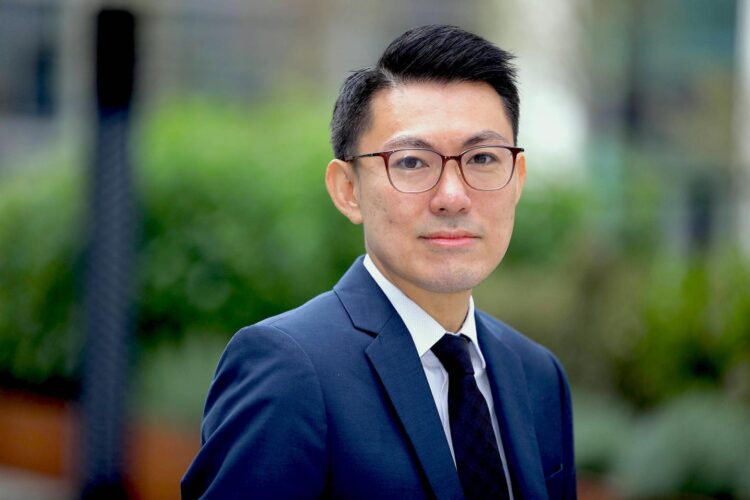Practitioners have needed to adjust cancer care during COVID-19 pandemic

Credit: Maurisa Jones, UCI
Irvine, Calif., June 8, 2020 — Oncology pharmacy practitioners around the globe are fighting to provide cancer patients high quality cancer care with increasingly limited and sometimes restricted personal protective equipment supply as well as impaired access to essential anticancer medication, according to University of California, Irvine-led study.
In the Journal of Oncology Pharmacy Practice, Alexandre Chan, department chair and professor clinical pharmacy practice, and Canadian and Australian colleagues of the International Society of Oncology Pharmacy Practitioners surveyed 42 pharmacy practice groups in 28 countries and regions (in both developed and developing countries) to determine pain points that this global pandemic has created for oncology pharmacy practitioners.
The study’s abstract can be accessed at: https:/
Half of those surveyed reported that PPE was difficult to access or was restricted in supply. These are necessary pieces of equipment for practitioners that are preparing chemotherapy in order to avoid exposure to toxins, which can cause mutagenic and carcinogenic effects. The study reveals that practitioners have had to find ways to preserve PPE supply, such as extending chemotherapy compounding shifts to avoid an excess of PPE changing. In addition, practitioners in 43 percent of the surveyed countries reported impaired access to drugs, including anti-infective agents, anticancer medications and supportive care medications that are essential to treatment of cancer patients, with the largest portion of this problem occurring in African countries.
“We have to make sure cancer healthcare workers – in this case, pharmacists and technicians involved in cancer care – continue to be well safeguarded with PPEs and have what they need to do their jobs well,” Chan said. “Oncology pharmacists are important frontline healthcare workers who are involved in the care of patients that are vulnerable.”
Moving forward, the group will continue to monitor the long-term impact of COVID-19 on the delivery of cancer care and to identify opportunities to learn from experiences to ensure pharmacy services can prioritize initiatives and workforce activities. This will help with the effort to ensure the continued supply of critical medications and safety of patients on high-risk, complex and narrow therapeutic drug regimens during a pandemic or other resource-constrained environment.
Marliese Alexander, Jennifer Jupp, Grace Chazan and Shaun O’Connor of the International Society of Oncology Pharmacy Practitioners also contributed to the study.
About the University of California, Irvine: Founded in 1965, UCI is the youngest member of the prestigious Association of American Universities. The campus has produced three Nobel laureates and is known for its academic achievement, premier research, innovation and anteater mascot. Led by Chancellor Howard Gillman, UCI has more than 36,000 students and offers 222 degree programs. It’s located in one of the world’s safest and most economically vibrant communities and is Orange County’s second-largest employer, contributing $5 billion annually to the local economy. For more on UCI, visit http://www.
###
Media access: Radio programs/stations may, for a fee, use an on-campus ISDN line to interview UCI faculty and experts, subject to availability and university approval. For more UCI news, visit news.uci.edu. Additional resources for journalists may be found at communications.uci.edu/for-journalists
Media Contact
Maurisa Jones
[email protected]
Original Source
https:/
Related Journal Article
http://dx.





